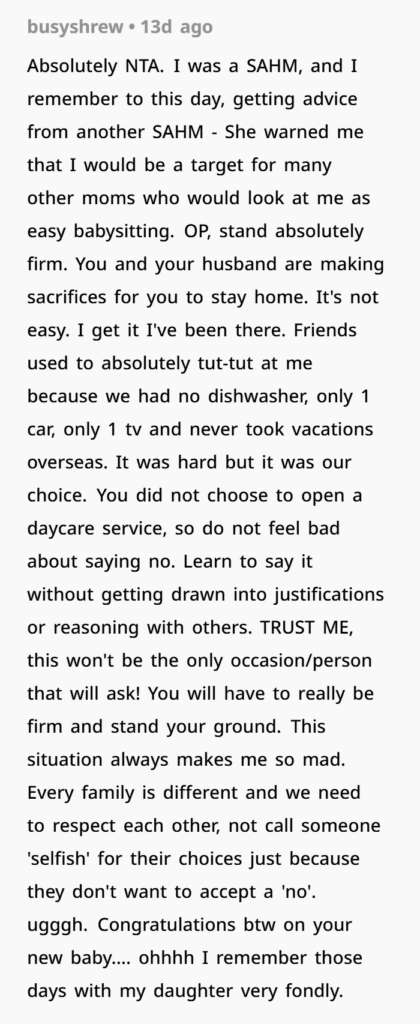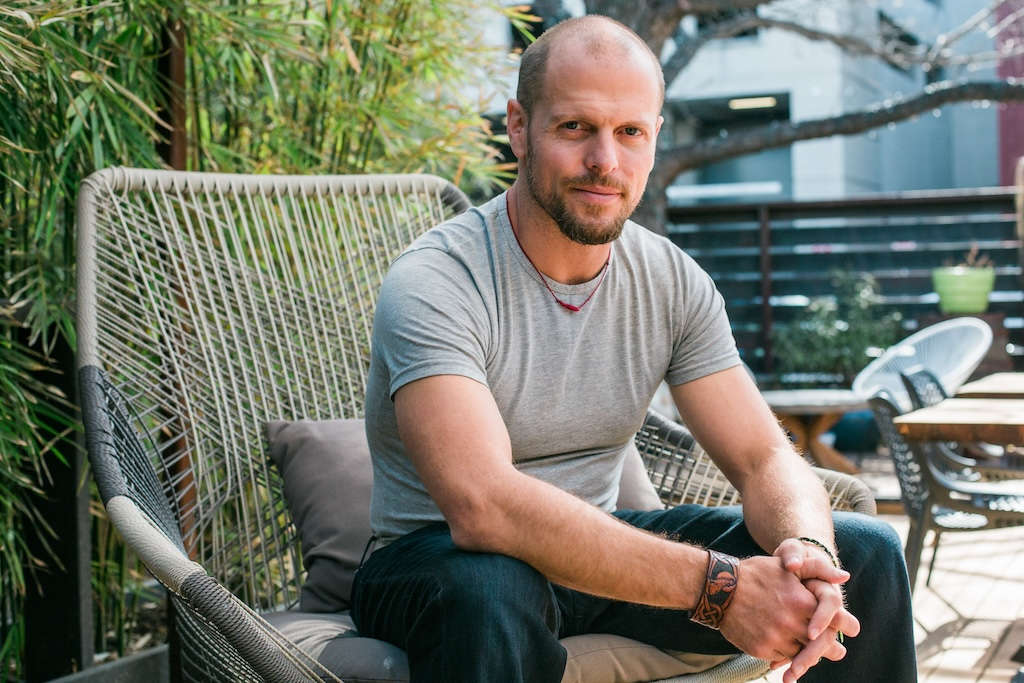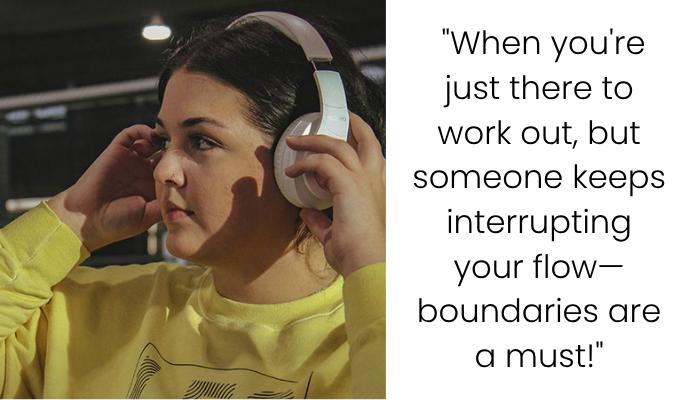Entitled Mom Gets Put in Her Place After Complaining in Group Chat

In this AITA post, a new stay-at-home mom (SAHM) and recent transplant to a new area shares her clash with a fellow mother in a local mommy-and-me group. After agreeing to help once in a moment of perceived emergency, the OP finds herself asked to regularly babysit a neighbor’s two children—despite having a newborn and a husband working from home. When she respectfully declines, explaining her limitations and personal boundaries, the neighbor calls her “selfish” and attempts to shame her publicly in their group chat.
Advertisement – Continue Reading Below
However, what unfolds is a strong show of community support. Other moms in the group share similar past experiences with the same neighbor, reinforcing that being a SAHM doesn’t equate to free babysitting. The group moderator ultimately asks the entitled mom to reconsider her place in the community, apologizes to OP privately, and affirms her right to say no.
This story is more than a clash of personalities—it’s a relatable and insightful account of motherhood, expectations, and drawing clear personal boundaries in new social circles.
Advertisement – Continue Reading Below
A SAHM was asked to babysit a neighbor’s kids, but felt no obligation or desire to do so

As she was a new mom herself, she felt the unruly neighbor’s kids were just too much for her









Boundaries, Labor, and the Misconceptions About Stay-at-Home Parents
1. The SAHM Role: Work, Not Free Time
One of the most pervasive misunderstandings about stay-at-home parents is the belief that they have “free time” simply because they don’t clock in at a workplace. In reality, the job of a SAHM—especially with a newborn—is a 24/7 commitment. According to a 2017 study by Welch’s, the average stay-at-home mom works an equivalent of 98 hours per week, with only limited breaks or personal time.
In your case, caring for a 9-week-old means navigating unpredictable sleep schedules, feeding, postpartum recovery, and the emotional toll of adjusting to a completely new lifestyle. The request to regularly take on a 3- and 5-year-old, especially given their rambunctious behavior, is not just inconsiderate—it represents a fundamental lack of understanding about the demands of early parenthood.
2. The Burden of “Mom Guilt” and the Myth of Mutual Obligation
There’s a toxic cultural trope that “moms help other moms no matter what”—and while support and community are important, they must be mutual and consensual, not coerced. Expecting a new mom to take on extra caregiving without reciprocation or compensation isn’t supportive—it’s exploitative.
Advertisement – Continue Reading Below
Social researcher Dr. Darcy Lockman notes in All the Rage: Mothers, Fathers, and the Myth of Equal Partnership that women are often socially conditioned to feel guilt for asserting boundaries, even when those boundaries protect their mental health and family needs. You were put in a position where your empathy was taken for granted, then weaponized against you when you enforced a boundary.
3. Consent in Caregiving: You’re Not Her Daycare
Consent in caregiving is crucial, especially among parents. Just as you wouldn’t demand a neighbor lend you their car every day because they “don’t use it at night,” you can’t demand childcare just because a parent is home. Emotional coercion—like guilt-tripping or publicly shaming someone—is a red flag of entitlement.

Parenting forums and legal parenting blogs frequently discuss the importance of not mistaking proximity or convenience for consent. Being part of a mom group is about community and shared understanding—not unpaid labor. The fact that other moms backed you up so quickly suggests this woman has a pattern of testing boundaries and exploiting SAHMs under the guise of friendship.
Advertisement – Continue Reading Below
4. Public Shaming in Mom Groups: Social Manipulation Tactics
What your neighbor did—posting in the group chat to call you “selfish”—is an example of covert narcissism and social manipulation. She attempted to use group dynamics to turn others against you. But this kind of behavior often backfires in well-moderated, mature groups, as it did in your case.
Online mom groups are increasingly adding rules to prevent exactly this type of boundary-shaming. As the creator/moderator pointed out, expecting group members to serve as a backup daycare is neither reasonable nor acceptable. These spaces exist to build connection, not enable one-sided dependency.
5. You Were Polite, Clear, and Justified
One of the key concerns in your post is whether you were “too forward.” In reality, your message was:
Advertisement – Continue Reading Below
- Honest
- Respectful
- Clear about your needs
You didn’t curse her out. You didn’t make it personal. You simply stated that you were not willing or able to take on the role she was trying to impose. In boundaries education, this is considered the ideal approach—assertive, not aggressive.
As therapist Nedra Tawwab says in her book Set Boundaries, Find Peace, “If someone thinks you’re mean for having boundaries, that says more about them than it does about you.”
6. Your Life Has Changed—And That Deserves Respect
Your closing remarks about transitioning from college student to wife and mom in a new state reflect a powerful emotional truth: adjusting to a new identity can be overwhelming. You’re learning how to protect your energy, time, and peace. Saying no to additional stress is part of growing into your role—not failing at it.
Advertisement – Continue Reading Below
Being new to motherhood and a new area, it’s commendable that you were even willing to help once. That’s kindness. But repeatedly bending yourself to meet someone else’s needs out of guilt or peer pressure is how burnout begins.
“I think she was just being cheap ant thought she could bully me into saying ‘Yes,’” the author wrote






✅ Final Takeaways
- You are absolutely justified in refusing ongoing babysitting duties—especially with a newborn.
- Being a SAHM is a full-time job, and you owe no one additional unpaid labor.
- Boundaries are not selfish—they’re protective.
- Social manipulation and guilt tactics, like public shaming, are red flags.
- You handled the situation with maturity, clarity, and grace.
Your decision was not only appropriate—it was an important declaration of self-respect and parenting values. And clearly, others in your group saw that too.






